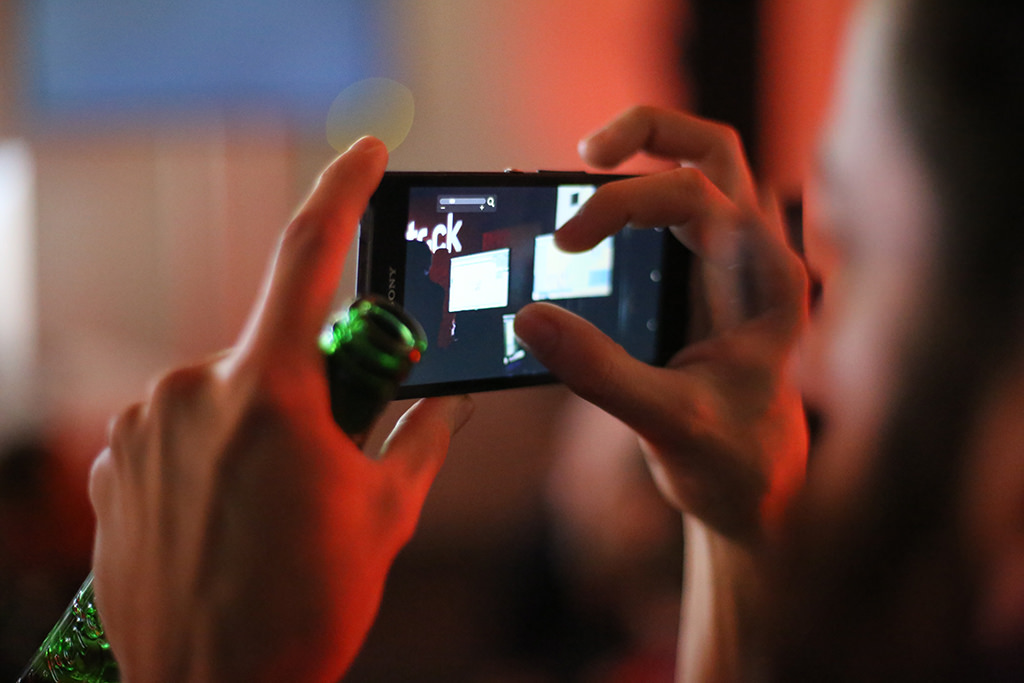As a college student, there’s a good chance that you think cheating is wrong. It’s also very likely that you personally have cheated at least once in your academic career. With 84% of college kids believing there should be consequences for cheaters but two-thirds admitting to cheating themselves, the collegiate world seems to be conflicted about the merits of cheating. We know it’s wrong in theory, but more than half of college students try it anyway. And if those people are reaping the benefits, why not the rest of us?
The problem doesn’t start in college. In fact, kids typically start lying between the ages of 2 and 3, and by the age of 6 are fibbing once every hour and a half on average. That’s eight lies a day even if they’re just awake for 12 hours! We learn to lie at a very young age, and that mentality seems to stick with us into our school years. By middle school, 90% of students have copied someone else’s homework, many probably not even considering it cheating.
What’s the big deal if you cheat a little bit to make it through school? The problem is that it doesn’t stop once you graduate. The cheater mentality carries over into your adult life and is affecting the mindset of an entire generation. Teenagers today are accepting lying as a part of life more than previous generations, with half of kids under 17 saying that lying and cheating are necessary to succeed, compared to just 10% of people over the age of 50. People who cheated in high school are often dishonest in many areas of their lives after graduation. They’re more likely to cheat on significant others and have unethical business practices in regards to customers and employers.
So before you sneak your phone out during that test or copy your friend’s calculus assignment, think about the long-term consequences. You could be on a path that leads to lying regularly in your everyday life. For more information on the trends in cheating, check out the following graphic by Online Colleges.



